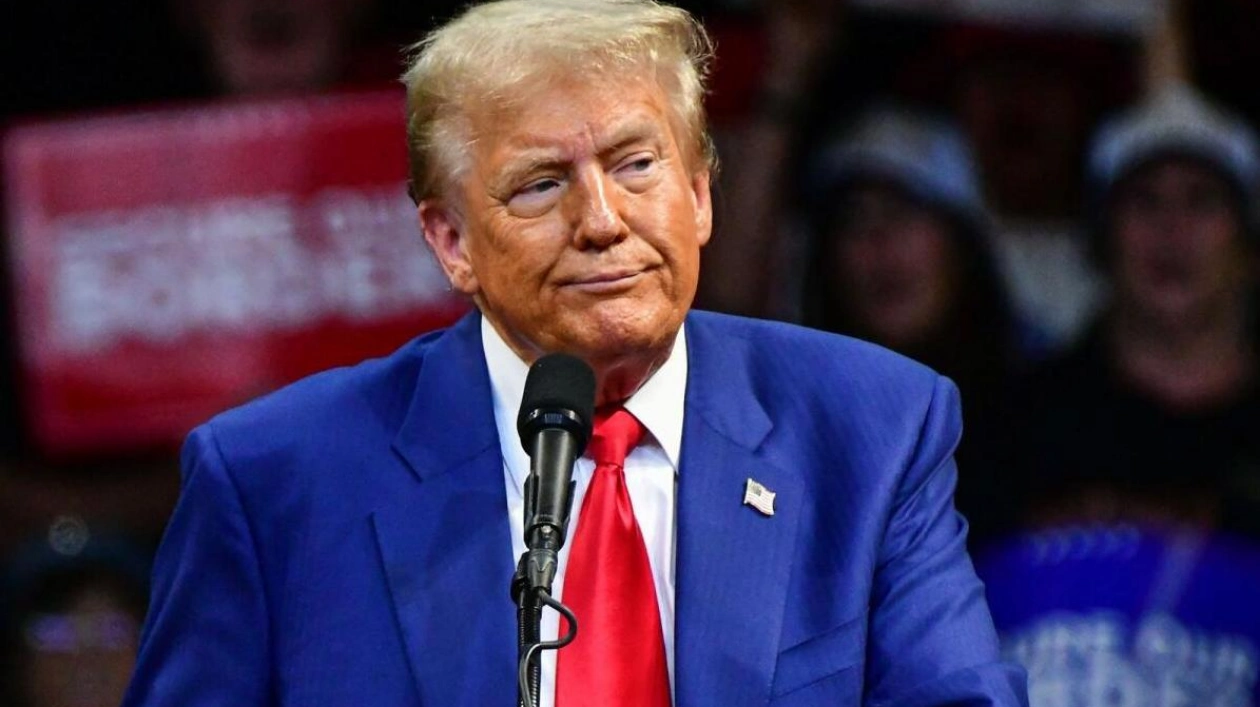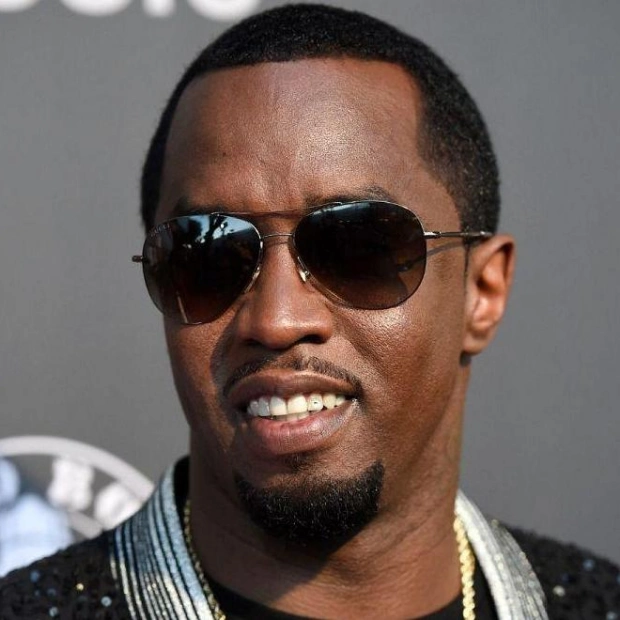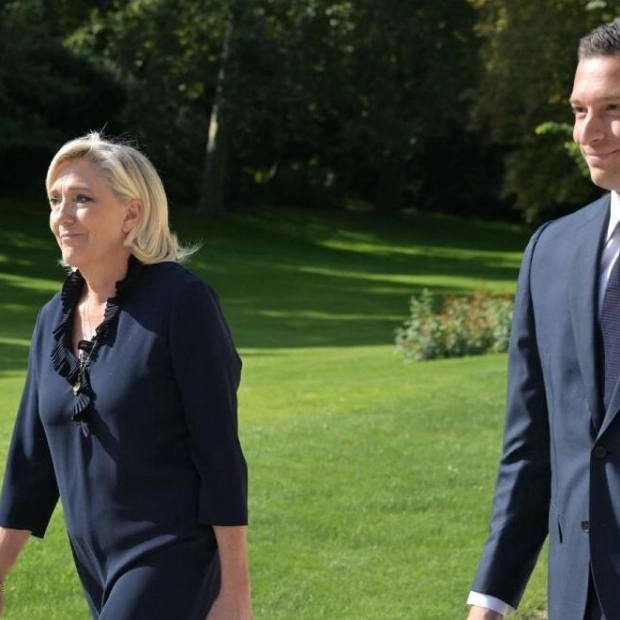Former US president and Republican presidential candidate Donald Trump was seen at a campaign rally at Findlay Toyota Arena in Prescott Valley, Arizona, on October 13. — AFP
Donald Trump has long been vocal about his admiration for global dictators, and just three weeks before the US presidential election, he appears to be drawing inspiration from authoritarian tactics by ramping up threats against the 'enemy from within.' One of Trump's defining traits during his presidency was his frequent use of the phrase 'enemy of the people' to describe the media—or at least those media outlets that didn't portray him favorably. However, as polls indicate a strong possibility of him defeating Kamala Harris next month to reclaim the White House, Trump made headlines on Sunday when he advocated for deploying the US military against a broader spectrum of Americans.
In an interview on Trump-friendly Fox News, when asked if he expected a peaceful election day, the Republican pointed to internal threats. 'We have some very bad people. We have some sick people, radical left lunatics. And I think they're the—and it should be very easily handled by—if necessary, by National Guard or, if really necessary, by the military,' he stated. 'The enemy from within, in my opinion, is more dangerous than China, Russia, and all these countries,' he added. The only specific 'enemy' Trump named was senior Democratic congressman and Senate candidate Adam Schiff, whom he labeled as 'a sleazebag' and 'major lowlife.'
Even if declared the winner, Trump would not yet have command over the National Guard or the military on election day. Nevertheless, the proposal to use the army against Americans underscores the billionaire's growing focus on authoritarian rhetoric. Trump's assertion on Fox News that 'internal' foes pose a greater threat than major foreign adversaries like Moscow and Beijing is rooted in his long-standing admiration for leaders such as Russia's Vladimir Putin, China's Xi Jinping, and North Korea's Kim Jong Un. 'Those three are at the top of their game, they're tough, they're smart, they're vicious, and they're going to protect their country,' he praised in August.
What's more recent is the increasing emphasis on mimicking authoritarians' domestic crackdowns within the US. Last month, Trump claimed the country was inundated with crime—a claim contradicted by official statistics—and then told a rally that the solution would involve allowing police to implement a harsh crackdown. 'If you had one really violent day,' he mused, 'one rough hour—and I mean real rough—the word would get out and it would end immediately.' This kind of language mirrored another of Trump's favorite phrases—that Xi runs China with an 'iron hand.' 'He controls 1.4 billion people ruthlessly. Ruthlessly. No games,' Trump lauded in January this year, calling Xi a 'brilliant man.'
Democrats—along with a host of former senior Trump administration officials—have issued grave warnings about a second term. Yet, Trump himself makes little effort to counter these concerns. When asked last December on Fox whether he had any intentions of establishing a dictatorship, he responded: 'No, other than day one.' Trump has campaigned for years on the accusation that a shadowy 'deep state' is the true anti-democratic force in the United States and that he is there to defend ordinary voters. However, he disrupted democratic norms in 2020 by refusing to acknowledge his election loss to Joe Biden. He now continues to question the fairness of November's election—raising concerns of unrest similar to the January 6, 2021 assault by his supporters on the Capitol.
As election day nears, Trump has repeatedly hinted that in his second term, the Justice Department would prosecute election fraudsters—despite no evidence supporting his claims of widespread cheating. 'WHEN I WIN, those people that CHEATED will be prosecuted to the fullest extent of the Law, which will include long term prison sentences so that this Depravity of Justice does not happen again,' Trump posted in September. As he stated in an interview with TV host 'Dr. Phil' in June, 'sometimes, revenge can be justified.'






